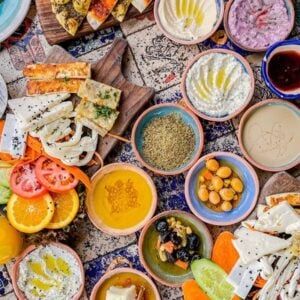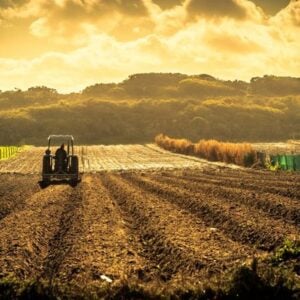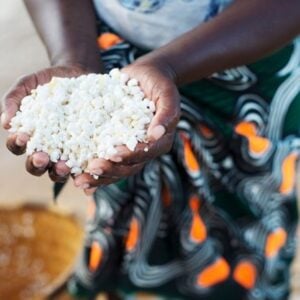Indigenous Peoples leaders, ministers, and high-level delegates gathered at the FAO headquarters in Rome for the Global-Hub on Indigenous Peoples’ Food Systems, held in two Sami Nomadic tents symbolizing an Indigenous territory. This third edition coincides with FAO’s 80th anniversary and the World Food Forum, bringing together Indigenous scientists and non-Indigenous experts to co-create proposals that blend ancestral knowledge with modern innovation. The event emphasizes five core values—Peace, Reciprocity, Sharing, Caring, and Solidarity—highlighting Peace as central to building a common future.
FAO Director-General QU Dongyu underscored the importance of bridging traditional knowledge with contemporary technology to achieve global food security. The opening ceremony featured spiritual rituals led by Indigenous leaders, including Mona Polacca of the Hopi and Pacha K’anchay of the Yanakuna people, as well as a peace welcome from Chief Deskaheh of the Haudenosaunee nation. Ministers and representatives from countries such as Fiji, Guatemala, Colombia, Ireland, Norway, Republic of Congo, and South Africa attended, alongside Anexa Cunningham, chair of the Expert Mechanism on the Rights of Indigenous Peoples (EMRIP), who highlighted the critical role of Indigenous Peoples in shaping food and knowledge systems. Chief Deskaheh’s inaugural participation at FAO, coinciding with the launch of the FAO Museum, reinforced the significance of Indigenous inclusion in global food policy.
Founded in 2018 and endorsed by the Committee on Agriculture in 2020, the Global-Hub functions as a strategic think tank, bringing together 38 organizations and three international research networks to guide policy discussions on Indigenous food and knowledge systems. Its 2021 White/Wiphala paper advocated for the recognition of Indigenous systems as essential for sustainability and biodiversity conservation. The Global-Hub collaborates with international partners to co-create knowledge, providing evidence that governments can use to develop policies aligned with Indigenous perspectives.
The Hub’s activities include advising the Rome Group of Friends, the largest UN-affiliated group focused on Indigenous Peoples, on policy processes such as the World Committee on Food Security (CFS). Leading up to the International Year of Rangelands and Pastoralists in 2026, the UNCCD and Global-Hub will present a Global Programme on biocentric restoration of lands degraded by intensive agriculture and livestock, including technical papers on Indigenous mobility, livelihoods, and territoriality, emphasizing biodiversity conservation.
In partnership with the FAO Hand-in-Hand Investment Forum and the Science and Innovation Forum, the Global-Hub ensures Indigenous voices are central to policy and investment discussions, particularly in regions like the Amazon Basin and Pacific Islands. On World Food Day, the FAO Food and Agriculture Museum will inaugurate the Indigenous Peoples’ Room, the “HOPE Room,” to showcase Indigenous cosmogony, oral traditions, and food systems. This dedicated space allows Indigenous Peoples to share their knowledge and cultural heritage, highlighting the profound wisdom embedded in their food and knowledge systems.
Throughout the week, the Global-Hub features culinary tastings, musical performances, spiritual ceremonies, and expert-led “Tent Talks” on storytelling, alongside “Fire Talks” that invite ambassadors, Indigenous leaders, and academics to reflect on Indigenous values for peace. These gatherings emphasize the cultural, spiritual, and scientific significance of Indigenous Peoples’ contributions to sustainable and equitable food systems worldwide.





